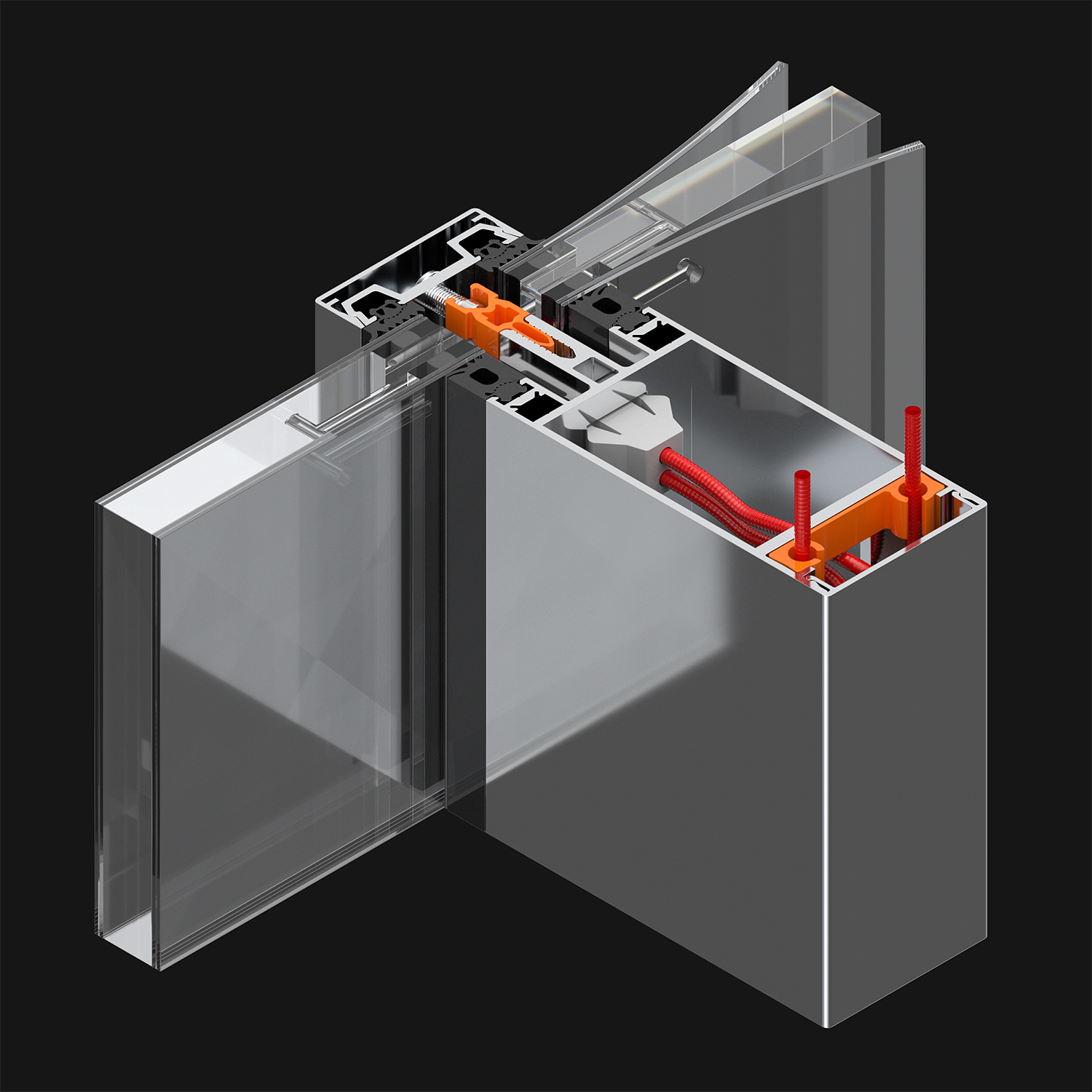Patrick Ullmer
Building Technology Graduation Studio
Inflatable Glazing: Prototyping of a dynamic thin glass unit with a switchable thermal insulation
With surface temperatures constantly on the rise due to climate change and more frequent heatwaves, super-insulated houses are already facing the risk of overheating. The challenge of dissipating heat during these hot periods is becoming increasingly complex, leading to a higher demand for energy-intensive solutions such as air conditioning.
This thesis presents a novel glazing product capable of passive interior temperature control by changing the U-value (thermal transmittance). The working principle is as simple as opening and closing a cavity within an insulated glass unit.
Separating the glass reduces conduction, making the unit insulating. When deflated, the glass is in direct contact, decreasing insulation and thus accelerating the heat transfer. Switching between these states can be favourable in several climatic scenarios for reducing heating and cooling demand.
The innovative ‘thin glass’ material was selected for its flexibility and lightweight characteristics. It has been successfully demonstrated that inflating and deflating the glass unit can change the U-value from single-glazing to triple-glazing properties. Energy savings of up to, but not limited to, 33% can be expected compared to triple glazing.
